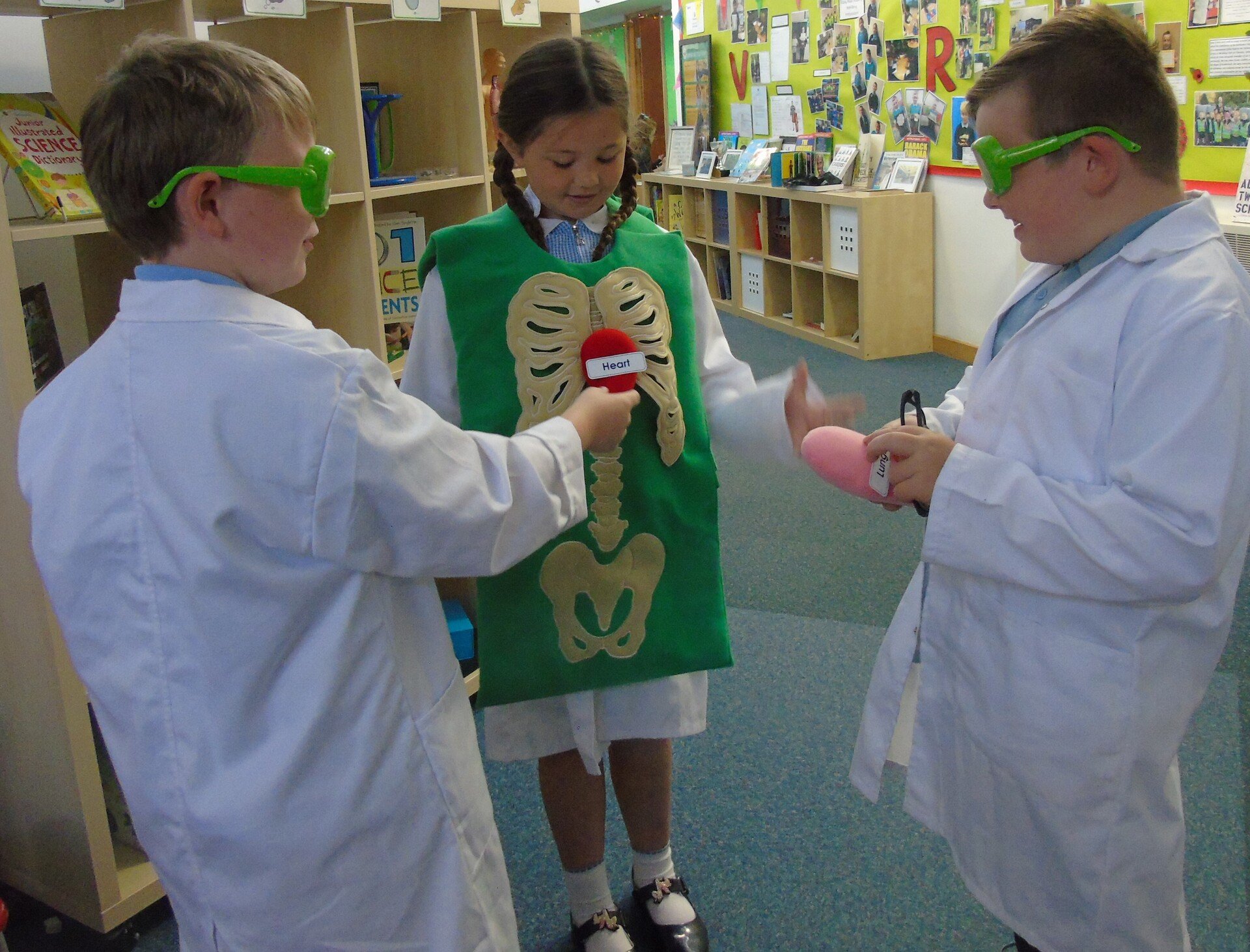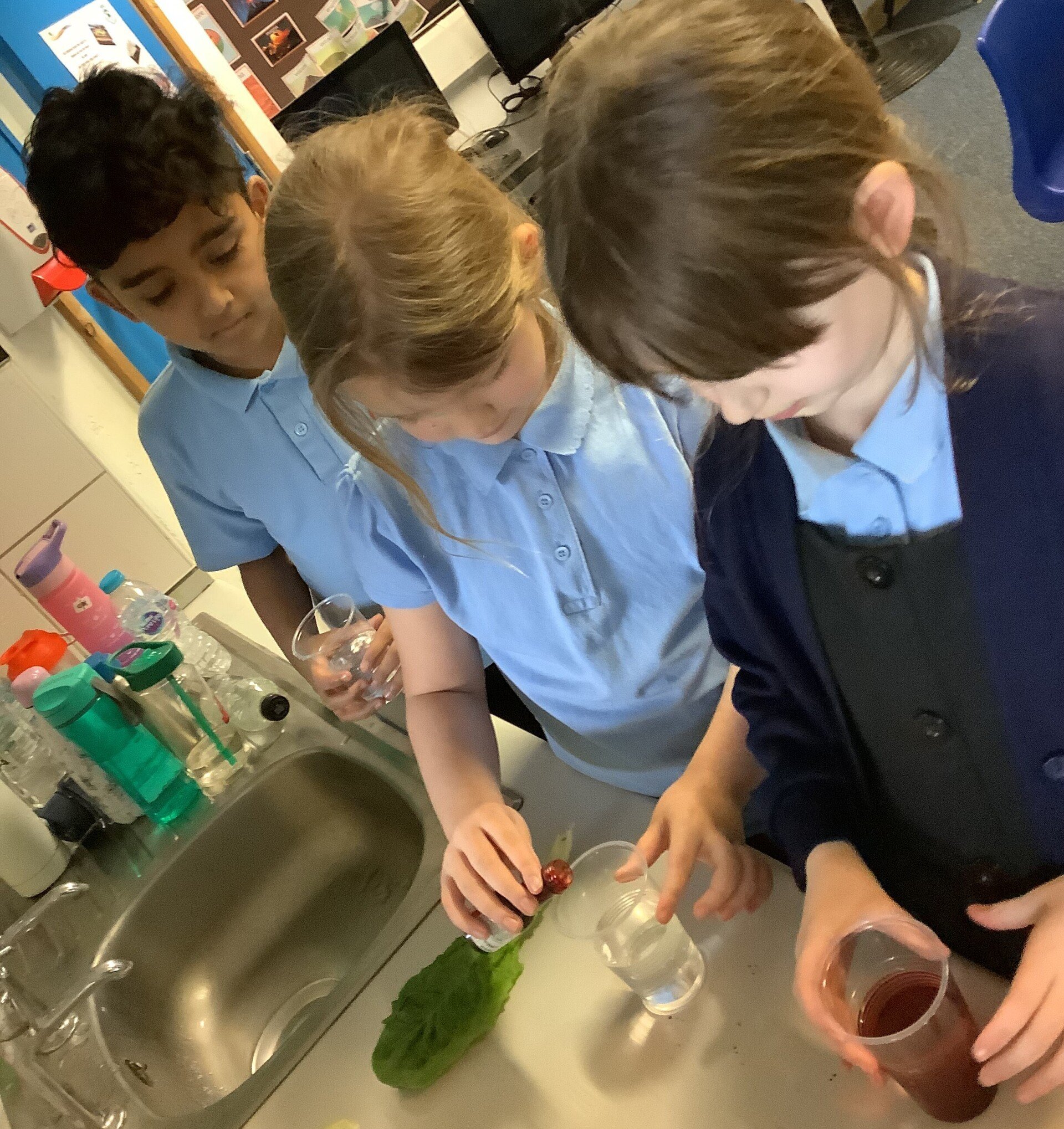- All About Valley Road Academy
- Latest News
- Website Policy Statement
- General Privacy Notice
- Prospectus
- Our Values and Curriculum Aims
- Our Curriculum
- OFSTED
- Right Respecting School Award (RRSA)
- Pupil Premium Funding - Making a difference
- Sports Premium Funding
- 2023 Year 6 SAT Results - Success for All
- Vacancies
|
Hello, my name is Sheila Robins and I am science lead here at Valley Road. I am passionate about delivering high quality science learning experiences for our pupils. We ensure that children have a regular programme of visits and visitors to maintain the high profile of science in school and stimulate children’s natural curiosity and interest in the subject. Some highlights have been seasonal visits to Broomhouse Farm, exploring Rainton Meadows and Castle Eden Dene nature reserves, visits to Newcastle University, Beamish (Pressure and Forces workshop), Great North Museum and the ‘Bring it On’ national STEM conference at the Stadium of Light. We also took part in the ‘Lost Landscapes and Learning' project, funded by the Heritage Lottery. This enabled children to visit nature reserves, take part in mapping and conservation activities, identify a range of plants and learn about the changes in local land use. |
 |
 |
As well as scientific knowledge, we aim to develop children’s problem solving, critical thinking and communication skills through engaging and ‘hands on’ practical activities. These skills are transferable across all curriculum areas as well as being valuable life skills which our pupils can take with them beyond the classroom. In Key Stage one, children learn about plants, animals, materials and seasonal change. This is based on their own experiences and the world around them. They begin to ask and answer questions and record data in tables, tally charts and block graphs with support. |
|
In years 3 and 4, children again study plants and animals, but begin to look at the wider environment and their interdependence. They use scientific equipment such as data loggers and thermometers to take accurate measurements and record their results independently in tables and graphs. They look at materials in more depth, including rocks and soils and states of matter and their changes, as well as physical phenomena: light, sound, forces and electricity. In year 5 and 6, children build upon their skills to take more of a lead in their own enquiries. They make decision as to what data to collect and how to record their findings. They present their data in more complex tables, line graphs and scatter graphs and use them to draw conclusions and make predictions. In years 5 and 6, children further explore plants and animals, forces and electricity as well as being introduced to space and evolution. Children are given the opportunity within these topics to discuss current issues such as climate change. |
 |
| Please click here to view Science Long Term Plan 2022-2023 |
Please click the links below for Progression in skills 2023-2024 |
Click the folders below to access year group planning
 |
 |
 |
 |
 |
 |





